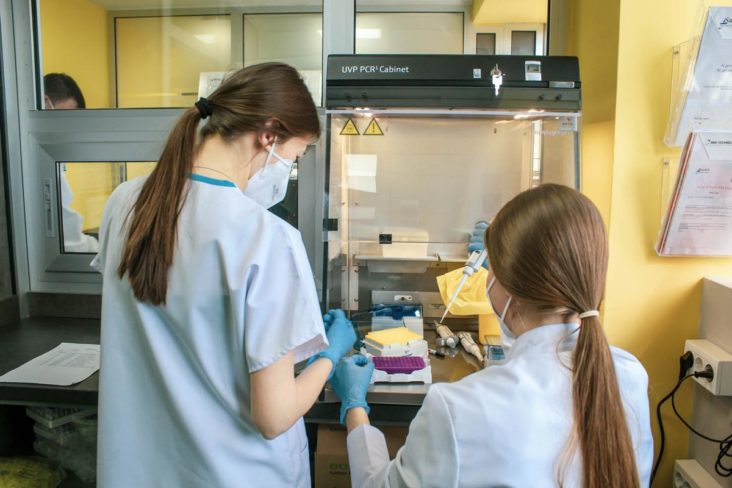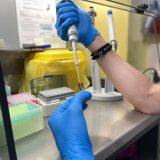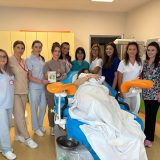We provide answers to frequently asked questions that we encounter in practice with patients who have infertility problems. The answers are based on the knowledge of the British Society for Infertility and the Association of Reproductive and Clinical Scientists who created this paper in response to questions patients asked about Covid-19 vaccines and infertility (February 2021).
Should people of childbearing potential receive the Covid-1 9 vaccine?
Answer: Yes
Explanation: People of childbearing age are advised to get vaccinated when they receive a vaccination invitation. This includes those who are trying to have a baby, as well as those who are considering having a baby, whether it is in the near future or in a few years.
Can any of the Covid-19 vaccines affect fertility ?
Answer: No
Explanation: There is absolutely no evidence and no theoretical reason that any of the vaccines can affect fertility in both women and men.
Can I get the Covid-19 vaccine during infertility treatment (IVF, frozen embryo, egg cells, sperm, ovulation induction, insemination, use of donated gametes, etc.)?
Answer: Yes
Explanation: You may need to schedule a vaccination time for Covid-19 during your infertility treatment considering that some people may experience annoying side effects a few days after vaccination that they do not want to have during of treatment (injection site pain, fever, headache, muscle aches, or feeling tired).
Should I delay infertility treatment until I get the Covid-19 vaccine?
Answer: No
Explanation: The only reason to consider postponing infertility treatment until you have been vaccinated would be if you want to protect yourself from Covid-19 before you become pregnant.
How soon after Covid-19 vaccination can I start infertility treatment?
Answer: Immediate
Explanation: You should not delay infertility treatment
I had a positive pregnancy test today. Can I still get the Covid-19 vaccine?
Answer: Yes if you are in the risk category
Explanation:If you are at risk for Covid-19, or because of potential exposure to work-medical staff, you can still get the vaccine during pregnancy, but if you do not have an increased risk for Covid-19, the Joint Vaccination and Immunization Committee (JCVI) advises to postpone vaccination after pregnancy. There is no reason to believe that any of the Covid-19 vaccines would be harmful, but their effects in pregnancy have not yet been fully investigated. The information that is known is convincing. None of the vaccines contain a live virus so there is no risk that a pregnant woman or her baby may get Covid-19 from the vaccine. For more information on pregnancy vaccinations, see the information produced by Royal College Obstetricians and Gynecologists here .
I want to donate my eggs / sperm for use to others. Can I still get the Covid-19 vaccine?
Answer: Yes
Explanation: Covid-19 vaccines do not contain a virus and therefore you cannot transmit Covid-19 by receiving the vaccine. The Human Fertilization & Embryology Authority recommends that at least 7 days have elapsed since vaccination before donating eggs or sperm. If the donor feels unwell after vaccination, they should not donate for 7 days after the onset of symptoms. Read more here .
I have had miscarriages again and now I am trying to get pregnant again. Should I delay the Covid-19 vaccine?
Answer: No
Explanation: There is no reason to delay taking the Covid-19 vaccine because it will not affect the risk of miscarriage.




